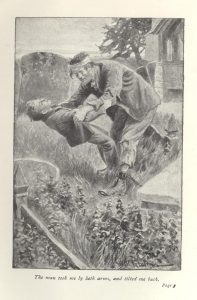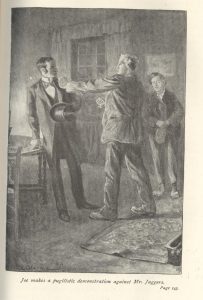British Literature: On College
If you are like me, you often find yourself wondering about college and the decisions made here. To be honest, being a traditional college student is such an awkward point in life. Three to six years (or even more) are spent working very hard for a career that is not 100% promised to us. We are going into debt. And we are making very little money, if any at all. Often times we are living in crappy apartments or dorm rooms. And we are all very stressed. At the end of the day, many of us question if all of this is worth it. Will things really pay off in our pursuit of the American Dream? But I tell you, ironically enough, some British Literature can give us some insight on the American Dream.

For many people, going to a large public liberal arts college is the first time they are exposed to so many people of different races, religions, cultures and social backgrounds. It is a time of awareness and enlightenment. And I forgot about the meaning of Charles Dickens’ Great Expectations which I had read countless times before. Pip is at the bottom of the food chain when it comes to social class. And I was at the bottom of the food chain when it came to knowledge and experience about the world and about my studies. However, I began to realize that I soon began to model my life after Pip who changed in social status, and it was to my benefit.
Pip desires self-improvement. His ambition toward the matter is intense. And in fact, it was more intense than I could have ever claimed to be. As a first generation college student, I knew I was pursuing the American Dream in some way. I wanted to be the first in my family to earn a college degree. And hopefully, I would be one of the better employed because of that. Pip practices the American Dream in Britain. And to relate to Pip even further, it is evident that he valued education just as I do. Pip advances socially due to his education. His character changes. And I was hoping mine would too.
You see, we all undoubtedly have areas of our life upon which we wish to improve. And Pip proved that he could do that. And so did I. So this brings me to wonder, what if college, that seems tedious and pointless at times, comes to be my secret benefactor. The Convict in Great Expectations surprisingly turns out to be the one allowing for Pip to have certain good fortune all his life. And while my friends and I have questioned college on countless occasions in the same way that Pip was weary of the Convict, could it be that college can give us more of an advantage than a $45,000+ piece of paper upon graduation?

Dickens, Charles. Great Expectations. Vol. XIV, New York, New York, Thomas Nelson and Sons, 1900. R.B. PR 4560 .A1 1900